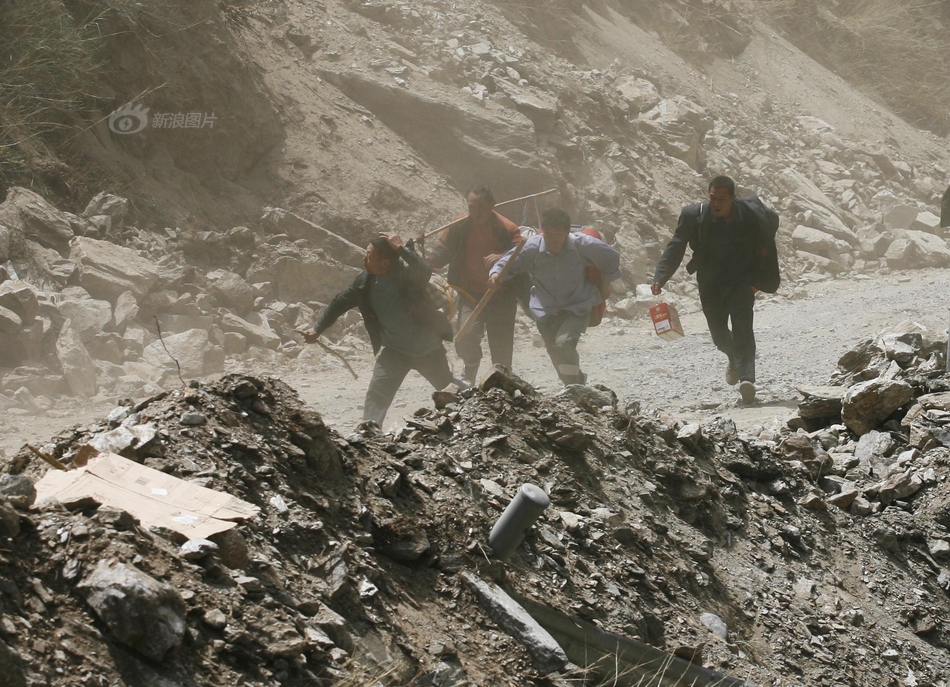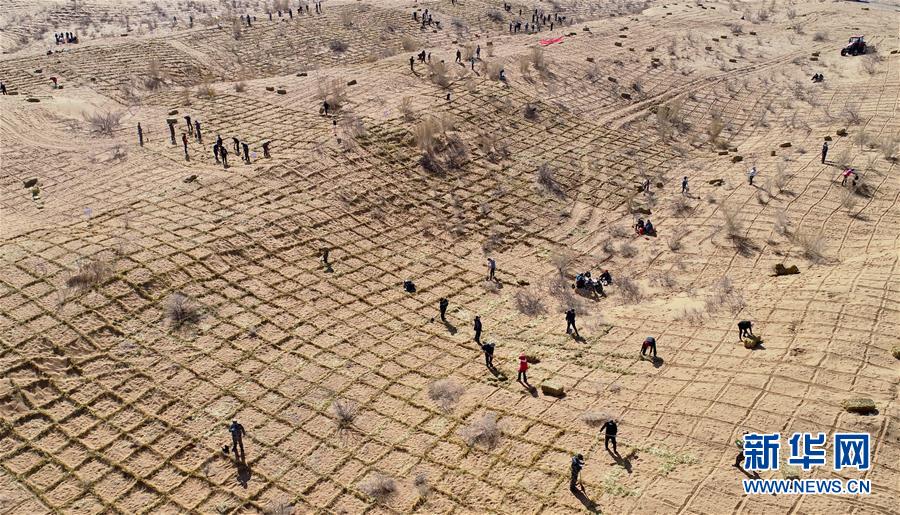A power grid hack on Election Day seems like a nightmare scenario. We can all envision how it would unfold: Trains stop mid-track, TVs go dark, lights darken across a major city, preventing people from using public transportation to get to the polls and limiting access to information.
And indeed a power grid hack on Election Day is possible, according to experts. But despite the fright a sudden blackout would surely cause, hacking a power grid is neither likely nor wise for anyone who wants to mess with the United States presidential election on Tuesday.
SEE ALSO:Why hackers choose DDoS attacksWork stations that distribute power are often run by hackable computers. If someone wanted access to a power grid, that's probably how they'd do it.
 In this May 20, 2015 photo, contractors walk past a capacitor bank at an AEP electrical transmission substation in Westerville, Ohio.Credit: AP Photo/John Minchillo
In this May 20, 2015 photo, contractors walk past a capacitor bank at an AEP electrical transmission substation in Westerville, Ohio.Credit: AP Photo/John MinchilloThat's how it happened in Ukraine. Hackers got access to power station computers in December, 2015. From there, they took down more than 20 percent of the nation's power substations for around six hours.
If something similar happened on Election Day, voters in a certain geographic area wouldn't be able to keep abreast of the news via their TVs and public transportation in that area would probably be a mess. This could prevent people from making it to the polls.
But experts said an Election Day attack on a major part of the United States' power grid could probably only be pulled off by a state actor who had thoroughly planned out their attack. And one expert said people worried about the country's power grid should perhaps be more concerned about rodents than, say, Russia.
"In the scale of things we should be worried about, squirrels are much more impactful than humans, which is different than how we think about it," Beau Woods, the deputy director of the Cyber Statecraft Initiative at The Atlantic Council, told Mashable. Squirrels knock out parts of the U.S. power grid all the time.
 Very dangerous.Credit: APMichel Villeneuve / Solent News / Rex Features
Very dangerous.Credit: APMichel Villeneuve / Solent News / Rex Features"Is there a large scale threat to the power system on Election Day or otherwise? I would say the hype is well overblown," Woods said.
Part of the reason the threat is overblown comes from the lack of incentive.
If a nation attacked a part of the U.S. power grid, it's easy to see how politicians and the public would interpret this as more of an act of war than, say, a nation slowing down American access to the internet. Hacking the power grid could grant the U.S. public license for a certain measure of retaliation, and it's not likely that anyone would welcome such a thing.
Plus, if you're Russia, why not just continue to leak more information about presidential candidates? There's a good amount of evidence Russian hackers have provided WikiLeaks with emails pertaining to the Hillary Clinton campaign, and WikiLeaks has then provided them to the public.
 Wikileaks founder Julian Assange.Credit: Dominic Lipinski/PA Wire
Wikileaks founder Julian Assange.Credit: Dominic Lipinski/PA Wire"They've found a sweet spot in how the U.S. can't figure out how to respond," James Lewis, a technology and security expert at the Center for Strategic and International Studies, a think tank, told Mashable. "If what they've been doing is working, why should they switch?"
Though the U.S. may not like Russia meddling in the election, the White House can't really argue that the leaking of information is a bad thing without coming off as though they're against freedom of speech. These hackers have found a way to agitate through information.
"They could [hack the power grid] if they wanted to, but this has worked so well for them," Lewis said. "Why not release some more emails?"
TopicsCybersecurity


 相关文章
相关文章




 精彩导读
精彩导读



 热门资讯
热门资讯 关注我们
关注我们
